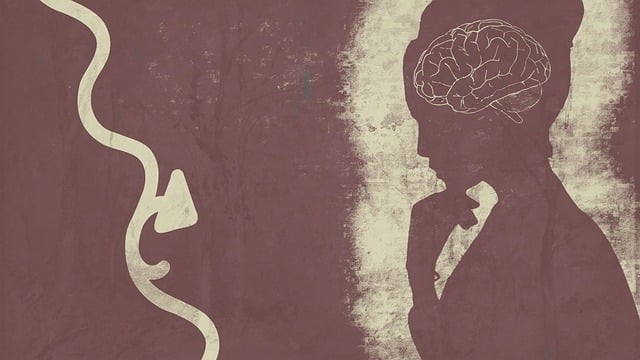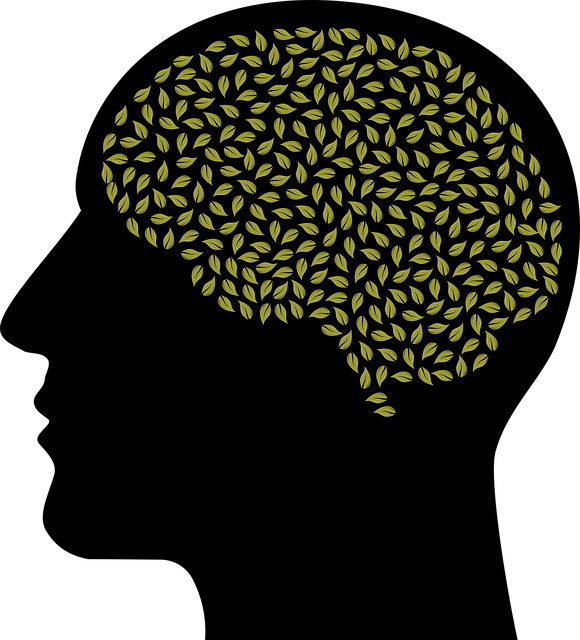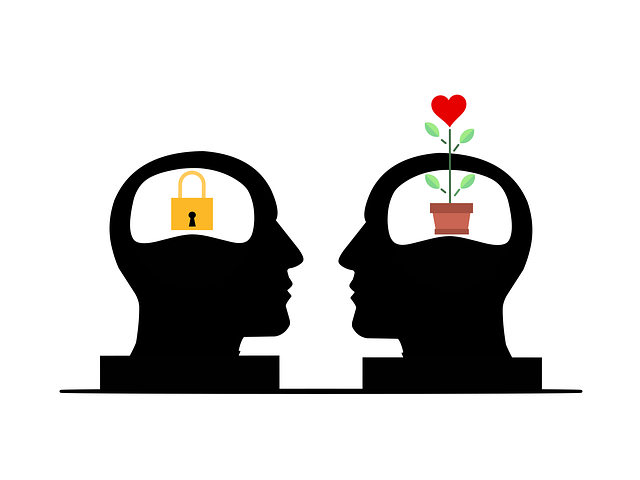Aurora Learning Disability Therapy provides specialized support for individuals with learning disabilities, focusing on mood regulation as a key component of their overall well-being. By combining strategies like mindfulness, CBT, and adaptive coping skills training, they empower clients to manage emotions effectively, improving academic performance, social interactions, and life satisfaction. This holistic approach goes beyond traditional talk therapy, incorporating personalized strategies, trauma exploration, and compassionate cultivation practices to build resilience and enhance self-esteem.
Mood regulation is a critical skill, especially for individuals with learning disabilities. This comprehensive guide explores effective strategies to manage emotions, focusing on the impact of Aurora Learning Disability Therapy. We delve into understanding mood regulation and its significance in daily life. Furthermore, we provide practical tips for a positive environment at home and school. The article highlights how specialized therapy can enhance emotional well-being, offering insights into navigating challenges and fostering resilience.
- Understanding Mood Regulation and Its Impact on Individuals with Learning Disabilities
- Practical Strategies for Effective Mood Management at Home and School
- The Role of Aurora Learning Disability Therapy in Enhancing Emotional Well-being
Understanding Mood Regulation and Its Impact on Individuals with Learning Disabilities

Understanding mood regulation is crucial for individuals with learning disabilities, as it significantly impacts their overall well-being and ability to navigate daily challenges. Aurora Learning Disability Therapy emphasizes that these strategies are essential tools to enhance mental health and foster personal growth. Many people with learning disabilities might struggle with emotional regulation due to their unique cognitive processing differences and potential co-occurring conditions like anxiety or depression.
In the context of a comprehensive therapy approach, mood regulation techniques aim to help individuals recognize and manage their emotions effectively. This can involve various strategies, such as mindfulness practices, cognitive behavioral therapy (CBT), and adaptive coping skills training. By learning these skills, individuals with learning disabilities can improve their ability to respond to stress, regulate their moods, and reduce the risk of mental health issues, as highlighted in the Risk Assessment for Mental Health Professionals. Enhancing emotional intelligence and self-awareness contributes to improved academic performance and social interactions, thereby promoting a more fulfilling life for those living with learning disabilities.
Practical Strategies for Effective Mood Management at Home and School

Managing one’s mood effectively is a vital skill, especially for students with learning disabilities who often face unique challenges in both academic settings and at home. Aurora Learning Disability Therapy offers practical strategies to navigate these environments with grace. One key approach is incorporating compassion cultivation practices into daily routines. This involves cultivating self-awareness and empathy, which can help individuals understand and manage their emotions more adaptively.
At home, promoting a structured yet flexible environment can significantly impact mood regulation. Consistent schedules for meals, study time, and sleep create a sense of predictability. Additionally, encouraging open communication with family members through effective communication strategies, as taught in Healthcare Provider Cultural Competency Training programs, fosters an understanding and supportive atmosphere. These practices, combined with mindfulness techniques, can empower individuals to better cope with stress and maintain a positive mood throughout their academic journey.
The Role of Aurora Learning Disability Therapy in Enhancing Emotional Well-being

Aurora Learning Disability Therapy offers a unique and powerful approach to enhancing emotional well-being, particularly for individuals navigating learning disabilities or similar challenges. This therapeutic method goes beyond traditional talk therapy by incorporating tailored strategies that address the specific needs of each client. Through personalized sessions, therapists guide individuals in understanding their emotions, providing them with tools to manage and regulate moods effectively. By focusing on mental wellness coaching programs development, Aurora Therapy empowers clients to boost self-esteem and build resilience.
The process involves exploring and processing past experiences, especially those related to trauma, allowing individuals to heal and move forward. This holistic approach, combined with self-esteem improvement techniques, equips people with the confidence to cope with daily stressors and emotional challenges. By combining innovative therapy methods with dedicated support services, Aurora Learning Disability Therapy ensures a comprehensive journey towards improved emotional health and overall well-being.
Mood regulation is a vital aspect of enhancing the emotional well-being of individuals with learning disabilities. By understanding the impact of mood on learning, and employing practical strategies both at home and school, significant improvements can be made. Aurora Learning Disability Therapy plays a crucial role in this process, offering tailored support to foster emotional resilience and overall mental health. Through these combined efforts, folks with learning disabilities can navigate their educational environments with greater ease, empowering them to reach their full potential.














